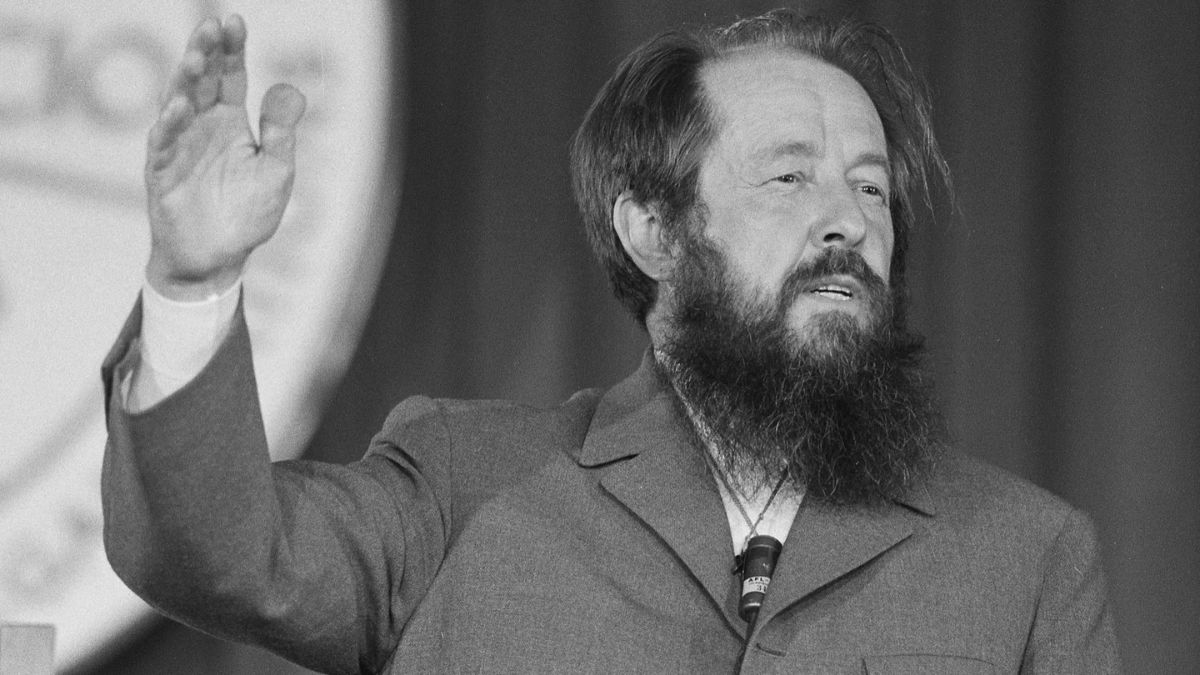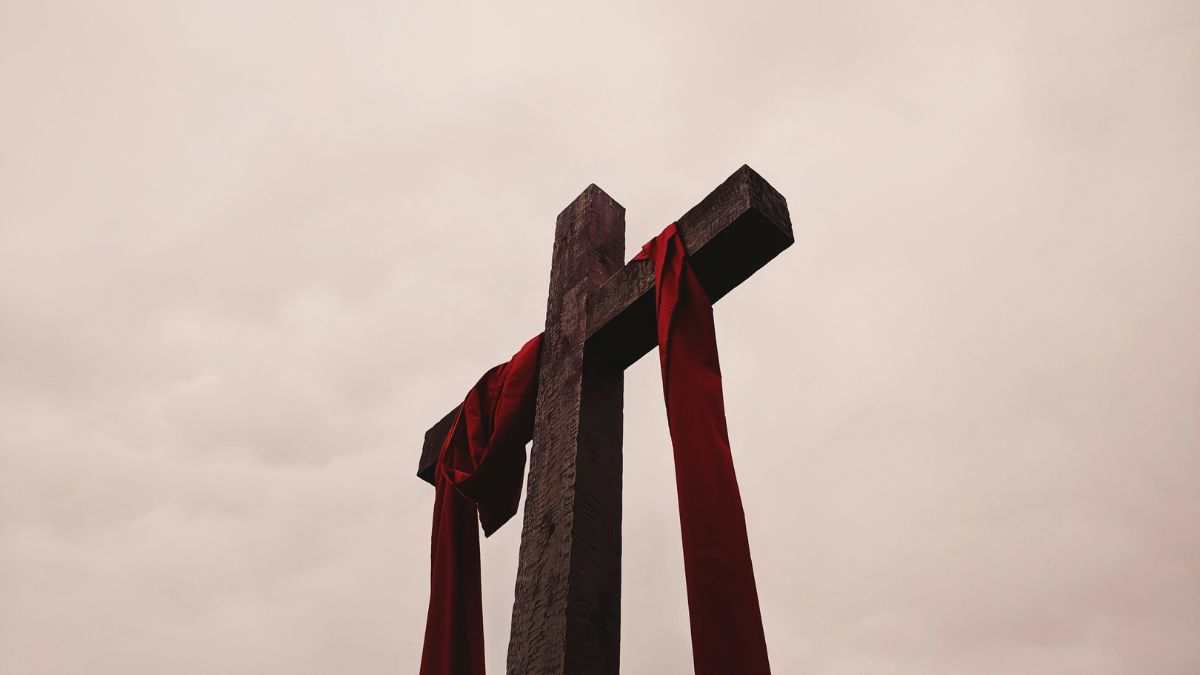

Solzhenitsyn at Harvard: A Graduation Speech to Remember
Soviet dissident Nobel Prize winner had prophetic words for America.
05/17/24
John Stonestreet

Though most commencement speeches are things worthy of forgetting, in June of 1978, at Harvard University, America heard the prophetic voice of renowned Soviet dissident Aleksandr Solzhenitsyn. Boldly and without apology, Solzhenitsyn challenged politically correct and broadly accepted ideas, and he was booed for it. His stunning address may have made those assembled there uncomfortable, but the words have proven true. In fact, they are more relevant today than when he said them.
Why would an audience boo a moral giant and Nobel Prize winner who had stared down Communist Gulags? Perhaps, they expected him to direct his moral condemnations only at Communism. Instead, he aimed at both Communism and the West and, in the process, courageously spoke of what was reviled by elites on both sides of the Atlantic: truth.
Truth eludes us if we do not concentrate our attention totally on its pursuit. But even while it eludes us, the illusion of knowing it still lingers and leads to many misunderstandings. Also, truth seldom is pleasant; it is almost invariably bitter.
In his profound analysis of the prevailing worldview in America, Solzhenitsyn said that the West had exchanged belief in unchanging truth for a relentless and superficial legalism. The most tragic and significant result, he said, was the absence of “civil courage,” and he pointed to three specific lines of evidence for his claim.
First, “destructive and irresponsible freedom had been granted boundless space.” How a culture understands freedom—whether as a means of cultivating virtue or as a means of achieving immediate gratification—determines its stability. As Os Guinness wrote in his book A Free People’s Suicide, the greatest enemy of freedom is, ironically, freedom. Specifically, the greatest enemy of freedom is poorly defined freedom, or what Chuck Colson called freedom without virtue.
Second, Solzhenitsyn pointed to the decadence of art. If that line recalls corrosive popular culture, social media celebrity-ism, or the Rothko painting Untitled (Yellow and Blue), a painting with a blue stripe on a yellow background that sold a few years ago at a New York auction for $46.5 million, it should. That kind of decadence reveals and reflects the soul of a culture.
Finally, Solzhenitsyn pointed to the lack of great statesmen as evidence of cultural collapse. While there were, he said, courageous individuals worthy of respect, consider how differently greatness was defined in the past. One rightly wonders what Solzhenitsyn would think about who is called “hero” and what is called “historic” today. A few years ago, for example, First Lady Jill Biden presented the International Women’s Day Woman of Courage award to a male politician who identifies as a woman. Wins at entertainment award shows are called “historic,” though no one remembers them within a few weeks.
Of course, the triumph of the trivial over the Western world has long confused our understanding of greatness. As Colson Center Senior Fellow Dr. Bill Brown has often observed, in other times and in other places, heroes made history. In our time and our place, they make movies, albums, and touchdowns.
Solzhenitsyn’s final warning referred to an event in 1977 when, during a New York City-wide blackout, “all of a sudden crowds of American citizens start looting and creating havoc. The smooth surface film must be very thin, then, the social system quite unstable and unhealthy.”
Can anything be done about the loss of civil courage? Yes, and it’s worth considering the lives of two individuals who found themselves in fragile cultural moments not unlike ours: William Wilberforce and Dietrich Bonhoeffer. While Wilberforce was able, by God’s grace, to see a cultural and spiritual recovery, Bonhoeffer did not. And yet, neither man failed. Like them, we don’t know the future of our culture, whether ours is a Wilberforce moment or a Bonhoeffer moment. But that’s not up to us. That’s up to God. What is up to us is to courageously commit ourselves to truth and virtue, to the love of God and our neighbor, and to the care of the victims of the bad ideas our culture is promoting. To paraphrase T.S. Eliot, “For us, there is only the trying. The rest is God’s business.”
For more resources to live like a Christian in this cultural moment, go to colsoncenter.org.
This Breakpoint was revised from one released 6.9.2015.
Have a Follow-up Question?
Up
Next















